Korengal Valley is a mountainous area in north-eastern Afghanistan, near the border with Pakistan. Due to its location, it’s an ideal route for the Taliban to smuggle weapons and supplies between Pakistan and the rest of Afghanistan. In order to counter this, the United States Army set up an outpost on a ridge in the valley, which quickly earned its reputation as a hellhole among the soldiers stationed there. Due to the large amounts of enemy soldiers in the area, the army battalion took fire an average of 3 days out of 4, for all 14 months that they were deployed there.
However, unlike director Sebastian Junger’s previous documentary Restrepo, this film is not about combat. In fact, despite the huge amount of time they were fighting, combat footage makes up only a small percentage of the film. Rather, this film is the intensely personal story of the men who were deployed in that valley. The point of the movie is not combat or war, but how combat and war affect people. It is about these soldiers’ thoughts and memories and experiences.
The film is divided between footage shot by Junger and his (now-deceased) partner Tim Hetherington while entrenched with the soldiers, and interviews with them after they returned home. Because the film is not about combat, you get to see many aspects of these soldiers’ lives that we would normally never think about; we get to see them relaxing by playing Guitar Hero, for example. While entrenched with the soldiers, the filmmakers got to know and be trusted by the soldiers, and during the interview sections they are extremely frank about some very sensitive and touching subjects. We get to see one soldier talk about what it’s like to be the only black soldier in the squad, and another speak about how he thinks that God must hate him for the things that he did.
This film does not have an agenda. Don’t be scared away from it by fear that it’s going to try and shove some message down your throat. This film is only the story of these men, their experiences, and how it changed them. And it is a completely honest experience at that, so honest that it can be shocking at times. And that is why I love this film. It is not about politics, or war. It is just the story of these men and what they went through, and that is what we need to take away from war. Not just the war itself, but what it does to people. And it doesn’t hold anything back. This is the conversation we should be having about the war, and about the people whom it changed.
Grade: A
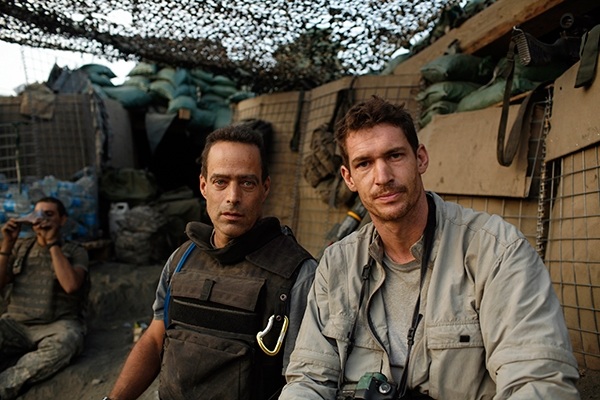
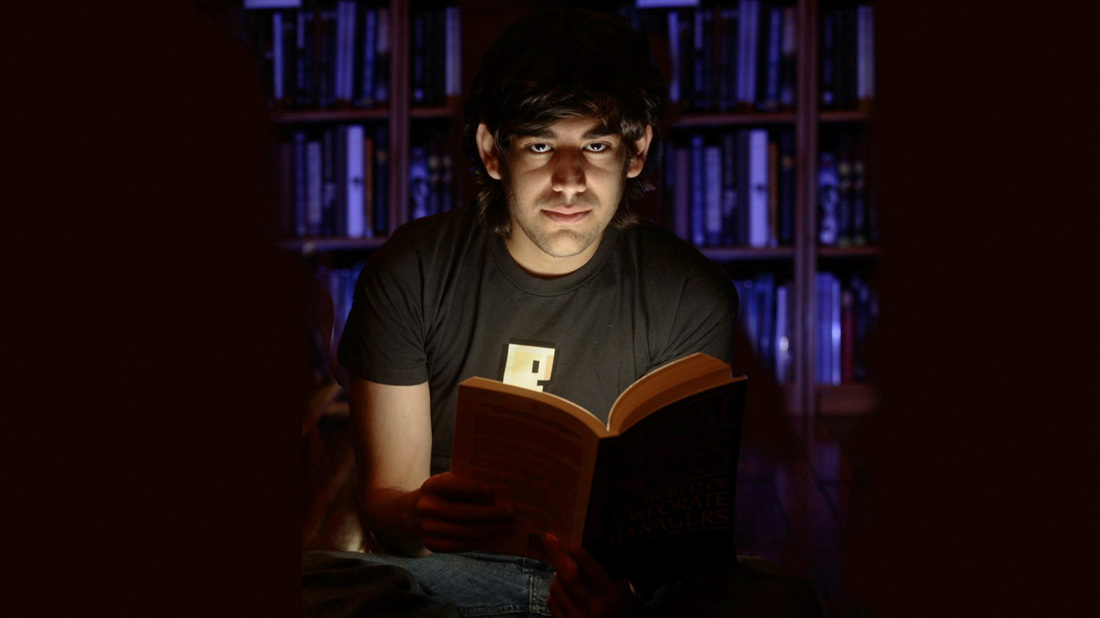
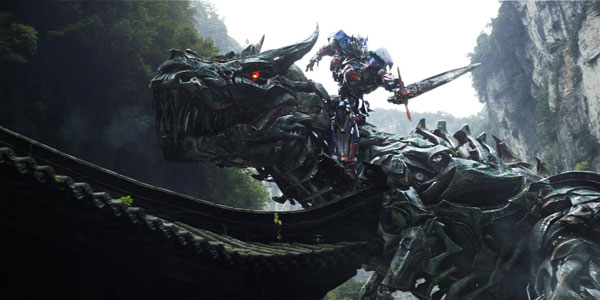
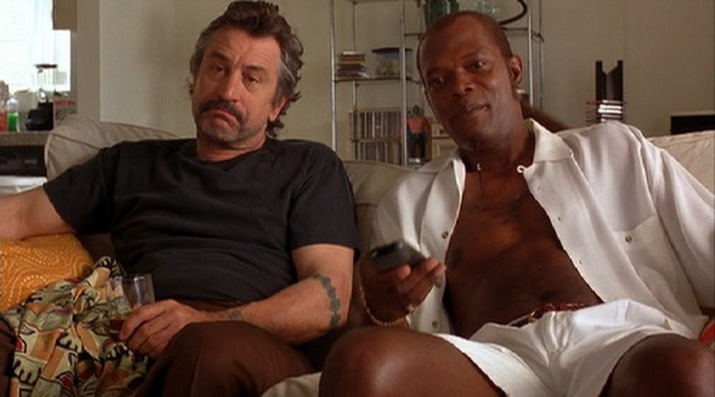
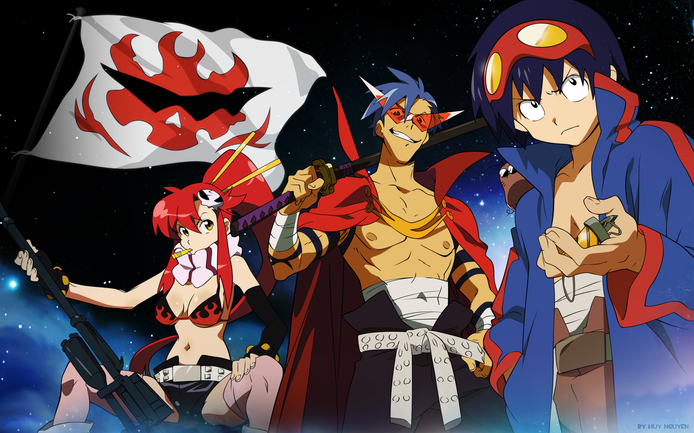

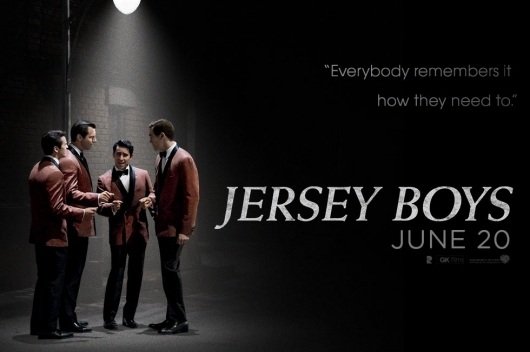
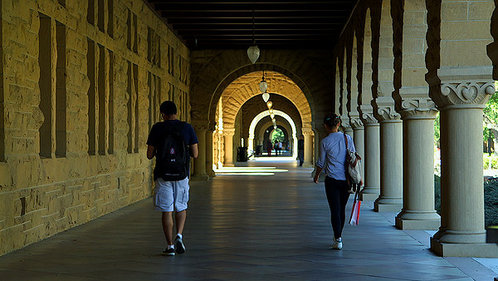

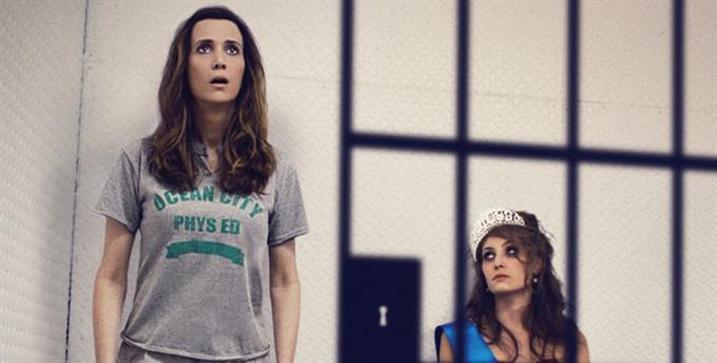
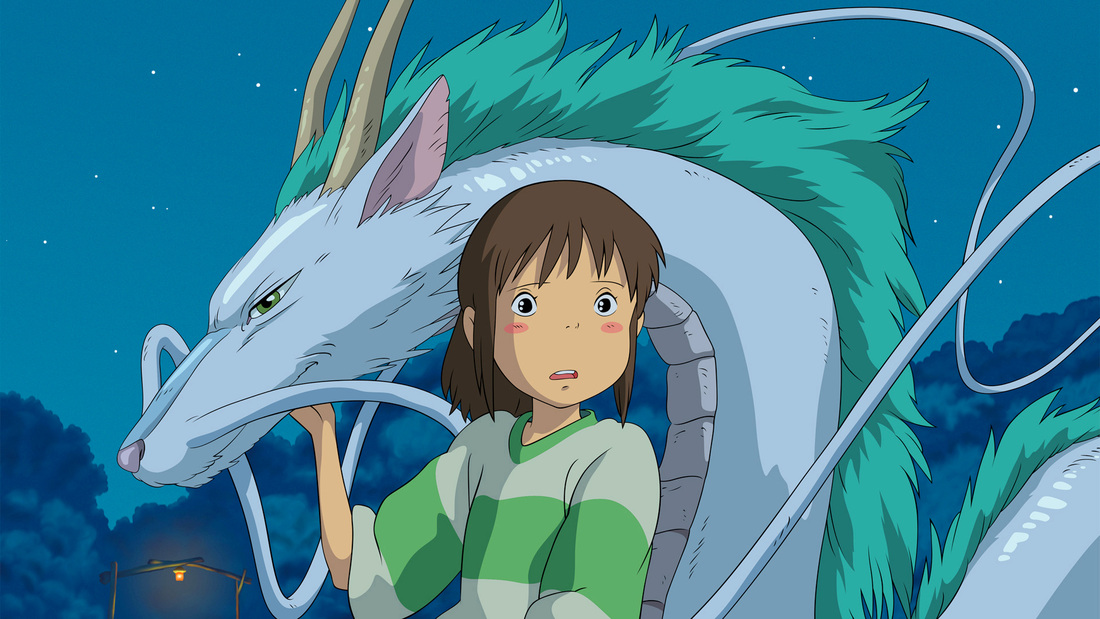
 RSS Feed
RSS Feed
